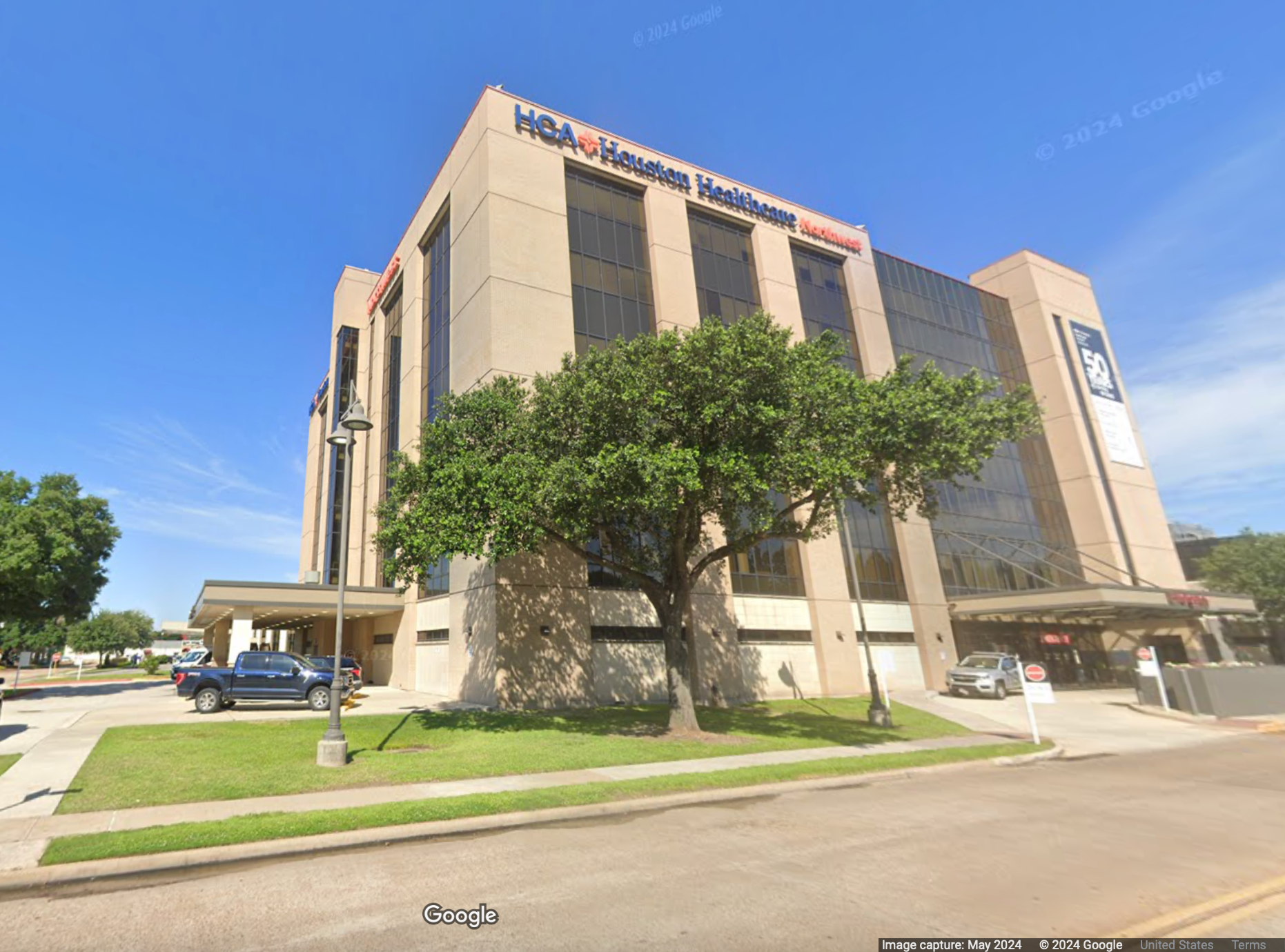This website uses cookies so that we can provide you with the best user experience possible. Cookie information is stored in your browser and performs functions such as recognising you when you return to our website and helping our team to understand which sections of the website you find most interesting and useful.
Your support helps us to tell the story
This election is still a dead heat, according to most polls. In a fight with such wafer-thin margins, we need reporters on the ground talking to the people Trump and Harris are courting. Your support allows us to keep sending journalists to the story.
The Independent is trusted by 27 million Americans from across the entire political spectrum every month. Unlike many other quality news outlets, we choose not to lock you out of our reporting and analysis with paywalls. But quality journalism must still be paid for.
Help us keep bring these critical stories to light. Your support makes all the difference.
Josseli Barnica was suffering from a deadly infection from a miscarriage while at the hospital in Houston — but doctors had to wait to treat her due to the state’s abortion ban that limited how much care they could provide her as her baby maintained a heartbeat.
“They had to wait until there was no heartbeat,” her husband told ProPublica in Spanish. “It would be a crime to give her an abortion.”
In Texas, miscarriages fall into a legal gray area as doctors are up against a law that bans abortions after a heartbeat is detected.
The law went into effect on September 1, 2021. Barnica was diagnosed with a miscarriage on September 3 that same year.
The 28-year-old Honduras immigrant was 17 weeks pregnant when the miscarriage was “in progress,” hospital records obtained by the outlet show. After 40 hours in pain from the infection, Barnica delivered the fetus after there was no longer a detectable heartbeat. She was treated and told to head home, that her bleeding was normal. Three days later, she was dead.
More than a dozen medical experts told ProPublica that her death was “preventable,” explaining that waiting that long to receive care opened her up to infection.
Barnica’s cause of death was ruled to be “sepsis due to acute bacterial endometritis and cervicitis following spontaneous abortion of a 17-week stillbirth fetus with retained products of conception,” according to an autopsy report obtained by the outlet.

In 2021, the Texas Heartbeat Act stated that ”a physician may not knowingly perform or induce an abortion on a pregnant woman if the physician detected a fetal heartbeat for the unborn child ...or failed to perform a test to detect a fetal heartbeat.” It threatened civil penatlties for anyone who “aids or abets” the peformance of an abortion. That law has since been replaced by a more strict abortion ban.
Barnica and her husband had a one-year-old daughter at home and were excited when they discovered she had become pregnant again in 2021.
But 17 weeks into her pregnancy, she suffered from cramps, bringing her to the hospital, HCA Houston Healthcare Northwest. The next day, she returned due to bleeding. The Independent has asked the hospital for comment. The 28-year-old was given an ultrasound which showed “bulging membranes in the vagina with the fetal head in the open cervix” and that she had low amniotic fluid, the radiologist wrote in her records, according to the outlet.
The miscarriage was “in progress.”
Barnica related to her husband the nightmarish scenario: doctors couldn’t help until the baby’s heartbeat was no longer detectable. The next day, one doctor on duty diagnosed her with an “inevitable” miscarriage and jotted down that she was providing Barnica with pain medication and “emotional support” while the heartbeat was still detectable.
On September 5, two days after she was admitted to the hospital, no fetal heartbeat was detected, so her OBGYN delivered the fetus and provided her with medication to speed up labor. Another eight hours later, she was discharged — but her bleeding continued that her doctors told her was normal.
Two days after leaving the hospital again, the bleeding didn’t ease up, it worsened. On September 7, her husband took her back to the hospital. Because Covid-19 policies prevented more than one person from accompanying the patient in the hospital room, he couldn’t bring in their one-year-old daughter.
Her husband returned home. He never saw Barnica alive again.
“We know that the sooner you intervene in these situations, the better outcomes are,” said Dr Steven Porter, an OB-GYN in Cleveland, told ProPublica.
Dr Leilah Zahedi-Spung, a Tennessee-based fetal-medicine specialist, told the outlet that the physicians treating Barnica “absolutely didn’t do the right thing.” But she acknowledged they were put in an untenable position, given the state laws.
At the time of Barnica’s hopsital stay, Roe v Wade was still federal law. Since no state or state officials could bring litigation under the Texas Heartbeat Act — a civil law — it didn’t conflict with Roe, which enshrined the consitutional right to an abortion.
It wasn’t until the following summer that the Supreme Court overturned the five-decade-old ruling. That’s when Texas’ trigger law went into effect, making abortion illegal and threatening prison time for physicians who perform the procedure. That has led to other patients sharing horror stories about how the laws have impacted thier lives. Some have fled the state to have abortions elsewhere. Others talked about not being able to get care.
Sadly, Barnica isn’t the only US patient to have died due to confusing laws in the wake of the end of Roe.
In Georgia, Amber Thurman, 28, died in 2022 after “preventable” delays in abortion care under the state’s restrictive law. Her family plans to bring a medical malpractice suit.



 Africana55 Radio
Africana55 Radio 
